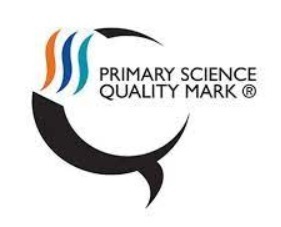Curriculum
Science

"The science of today is the technology of tomorrow" - Edward Teller
"Science has great beauty" - Marie Curie
"It is our job to educate the scientists of the future!" MV Staff
"I love doing experiments in science." MV Pupil
"Science is the best subject - I love the experiments!" - MV Pupil
"Science is my favourite subject to teach." MV Staff
"I loved science when I was at school and I know my child loves it too. We like all of the ideas that we are given to try." - MV Parent
"We know from our discussions with children and staff how much they enjoy science. Many trips and visits link to learning in science too." - School Governor
Science in EYFS
Science knowledge, understanding and skill development in EYFS is taught under the ‘Understanding the World’ section of Development Matters. Science is taught by exploring and playing in purposeful, well thought out areas of provision; through active learning and through creating and thinking critically.
In EYFS the children:
- Explore materials for different properties (natural and man-made)
- Explore and respond to different natural phenomena
- Use all of their senses for hands on exploration
- Explore how things work
- Show the concept of growth, change and decay
- Explore and talk about different forces
- Understand the effect of the changing seasons around them
The lessons provide children with a solid base to allow them to access the National Curriculum from Year 1.
The purpose of Science from the National Curriculum:
A high-quality science education provides the foundations for understanding the world through the specific disciplines of biology, chemistry and physics which will be studied at high school. Science has changed our lives and is vital to the world’s future, and all pupils should be taught essential aspects of the knowledge, methods, processes and uses of science. Through building up a body of key foundational knowledge and concepts, pupils should be encouraged to recognise the power of rational explanation and develop a sense of excitement and curiosity about natural phenomena. They should be encouraged to understand how science can be used to explain what is occurring, predict how things will behave, and analyse causes.
We will teach the children to work scientifically by teaching the skills of:
- Asking questions
- Making predictions
- Setting up tests
- Observing and measuring
- Recording data
- Interpretation and communicating results
- Evaluating
We teach the children the children about:
- Humans including animals
- Evolution and inheritance
- Plants, livings things and their habitats
- Forces and magnets
- Everyday materials and their properties
- States of matter
- Light
- Sound
- Electricity
- Earth in space
We want our children to be inquisitive in nature so we encourage them to ask questions and explore theories. Our children love science investigations and we plan in as many of the five types of enquiry as we can to develop their 'working scientifically' skills. We also build knowledge and skills by reading as scientists both in science lessons and as part of whole class reading sessions.
The National Curriculum for science aims to ensure that all pupils:
- develop scientific knowledge and conceptual understanding through the specific disciplines of biology, chemistry and physics
- develop understanding of the nature, processes and methods of science through different types of science enquiries that help them to answer scientific questions about the world around them
- are equipped with the scientific knowledge required to understand the uses and implications of science, today and for the future.
At Morley Victoria we teach science as a weekly lesson. The curriculum is carefully planned so that the children progress their scientific knowledge, vocabulary and skills year on year. Our focus in science is to teach with an emphasis on working scientifically and build on these skills throughout Key Stages 1 and 2. Our school also wants our children to be excited about science and so plans engaging and memorable visits, investigations and trips. We also investigate a famous scientist every year, observe worldwide science events and make regular links to our everyday lives so our children can understand how science has shaped our history and will continue to develop our future.
Here are our 'Top Tips' for helping with science learning at home
As always, reading is the top priority at Morley Victoria so please click here for a list of our top reading books for science in Foundation and Key Stage One and Key Stage Two there are so many great books about science!
For help and support at home please visit the following websites:
- https://www.bbc.co.uk/bitesize/levels/zbr9wmn
- https://classroom.thenational.academy/
- https://www.ase.org.uk/primary-remote-learning-resources
- https://wowscience.co.uk/
If you would like to help your child at home to be more scientific in their every day adventures, then take a below for our 'Working Scientifically Guide' - there are some fantastic ways to help you to encourage the children to think more scientifically when they are out and about.
If you would like some ideas for 'Outdoor Science' that you can try at home, again, there's a download below - there are lots of ideas here.
Finally, if you are looking for some 'Science Extension Activities', look no further - there's a download below!
Get In Touch
- Victoria Road,
Leeds,
West Yorkshire,
LS27 9NW - 0113 2535 253
- office@morleyvictoria.org.uk



.jpg)
.jpg)
